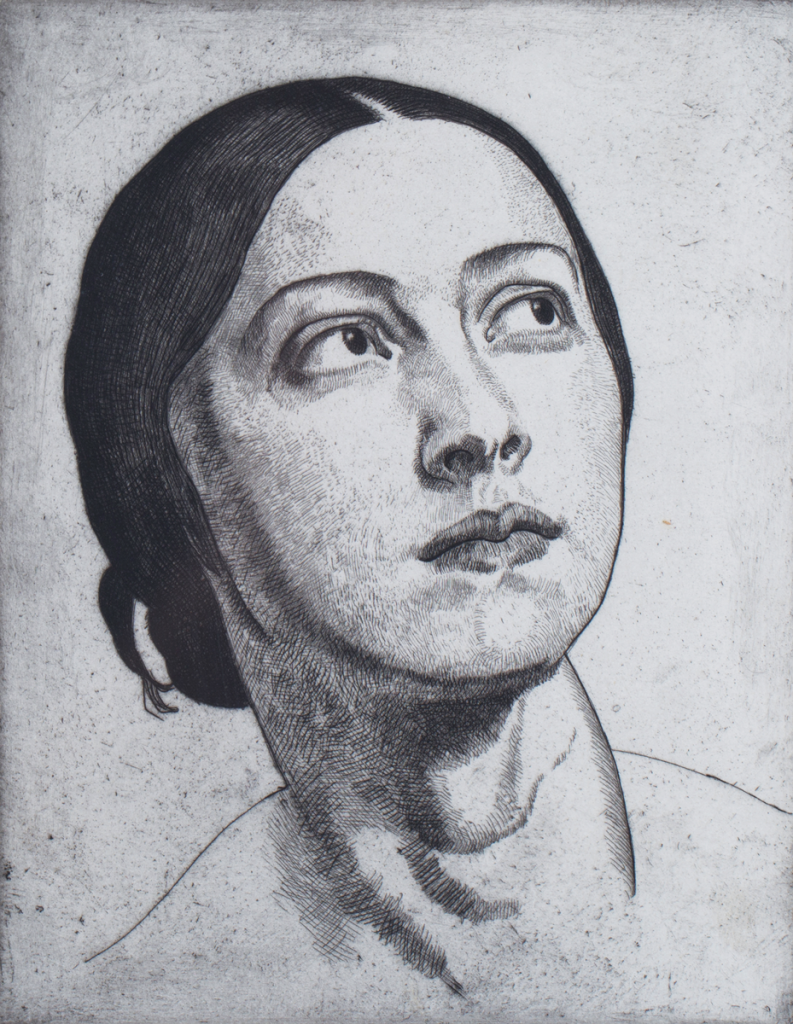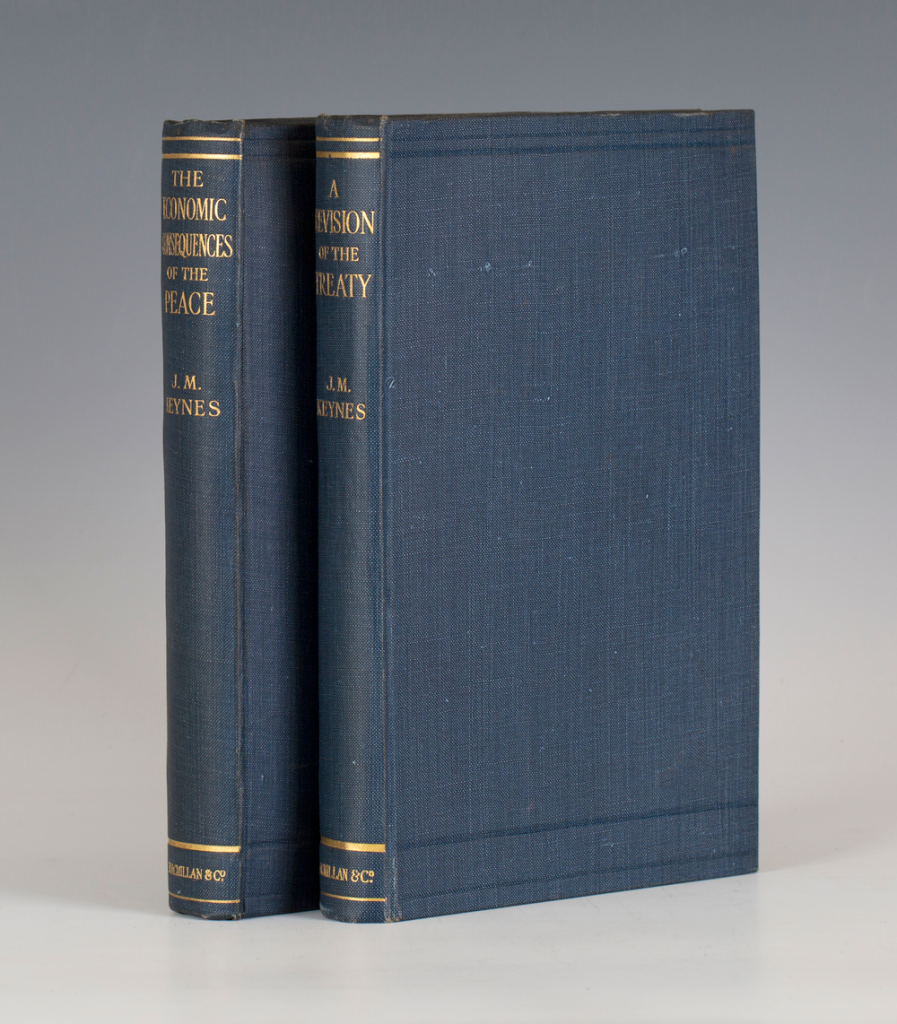
On the 21st April 1946 The Times reported ‘Lord Keynes, the great economist, died at Tilton, Firle, Sussex, yesterday from a heart attack.’
John Maynard Keynes was a man of great energy, imagination and enterprise. He was born on the 5th June 1883. Educated at Eton he won a scholarship to King’s College Cambridge where he read mathematics and the classics whilst also studying philosophy and economics.
Keynes’s genius was expressed in important contributions to the fundamentals of economic science. He was able to make his theories accessible to the public and was a gifted writer.
As the most frequent visitor to Charleston House in Sussex Keynes was given his own room. Although his love affair with Duncan Grant had ended in 1909 their friendship endured. Maynard Keynes would remain an important figure in the lives of both Duncan Grant and Vanessa Bell.
As the Great War came to an end and the armistice was declared Keynes would divide his time between France and Charleston as he worked on the Versailles Peace Treaty of 1919.
Keynes strongly disagreed with the reparations being proposed against Germany believing they would negatively affect the world and economy. Following his resignation from the British delegation he lived predominately at Charleston where he wrote his famous denunciation of the Peace Treaty, The Economic Consequences of Peace which you see illustrated. Keynes was a great bibliophile so it is fitting that his own books are highly sort after.
In 1925 Keynes married the Russian ballerina Lydia Lopokova of the Diaghilev Company. Laura Knight’s sensitive portrayal in the etched portrait from 1923 depicts Lydia as the Madonna. Her face displays a strength and vulnerability. There is a rising demand for women artists like Laura Knight.
Both were sold at Toovey’s for £800 and £2300 respectively.

Keynes’s experience of the Great War and of economic depression caused him to reconsider traditional economic theories. He concluded that for a free market system to work at optimum capacity and provide full-employment it would be necessary to have deliberate central control of interest rates and, in some cases, to stimulate capital development.
Keynes would have a great influence after the Second World War ensuring that the mistakes of the Versailles Treaty were not repeated.
Ordinary Englishmen could not return from war a second time to be deprived of work, security and appropriate housing. The bloodless revolution of the Post-War Labour government with its radical redistribution of wealth through inheritance tax at 80% and general taxation may have pre-empted revolution of a bloodier kind. It brought with it the NHS and extended the Welfare State.
Keynes understood that this would inevitably undermine private patronage of the arts. He became Chairman of CEMA in 1942 and the fledgling Arts Council in 1945, as well as introducing resident artists at universities and working with theatres.
I have often wondered whether it was his relationships with Duncan Grant, Lydia Lopokova and his unconsummated, flirtatious affection for Vanessa Bell which influenced his love of the arts, of which he was a tireless advocate and supporter. The great economist was never happier than when in the company of his artistic friends especially here in Sussex.
Governments, including our own, seem to once again be embracing Keynesian economics as they seek to create capital investment in emerging technologies and optimum capacity and employment in their economies.